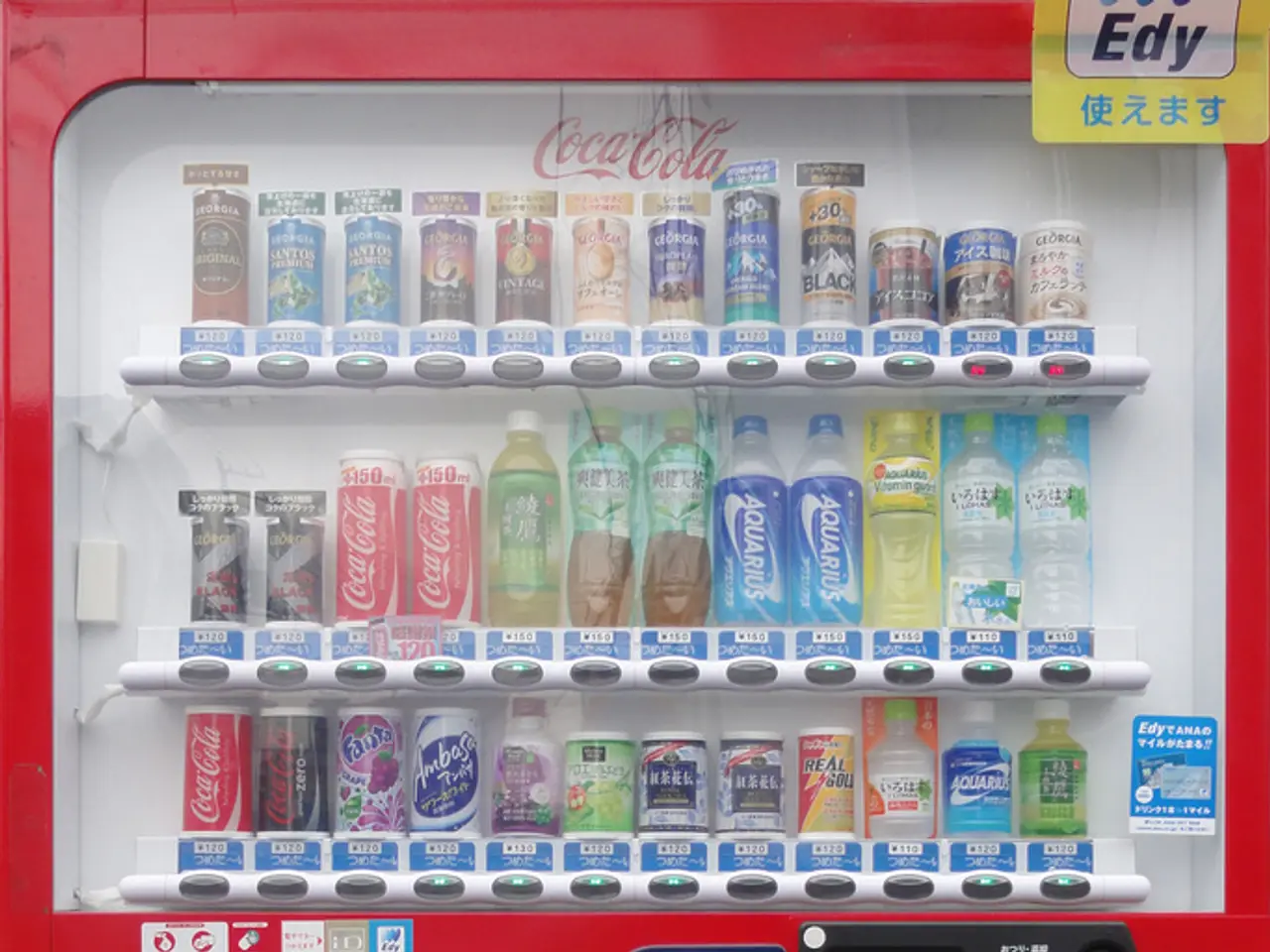Companies grapple with challenges in eco-certification processes
In an effort to combat the growing issue of single-use plastic waste, Vietnam has been working towards certifying environmentally friendly plastic packaging. However, many businesses have faced challenges in the certification process due to its complexity.
One company that has risen to the challenge is BUYO Bioplastics, which provides a 100 per cent nature-based and biodegradable bioplastic solution. The Ministry of Agriculture and Rural Development (MoAR) has issued eco-label certifications to several entities, including seven brands in 2024 and six more in an unspecified year. However, the exact companies that received certification in 2022 and 2024 have not been publicly disclosed.
The eco-label certification is valid for 36 months from the date of issuance, and certified entities must continuously meet the eco-label criteria for environmentally friendly plastic packaging. To obtain certification, manufacturers must meet specific criteria regarding raw materials, components, and fuels.
However, concerns have been raised about the use of only 75% biodegradable plastic materials and varying biodegradability rates on eco-labels. The Institute of Strategy and Policy representative has also emphasised the need for raw material certification. This is due to instances of companies falsely claiming to provide green-labelled products that do not meet the required standards, creating unfair competition.
Consumers struggle to distinguish genuine eco-friendly products due to insufficient enforcement and lack of widespread standards. Some supermarkets and retail chains display and sell bags labeled as biodegradable, but these bags often only fragment, posing greater environmental risks than conventional plastic bags.
BUYO Bioplastics and other environmentally friendly packaging manufacturers have called for support from consumers and state management authorities through the introduction of incentive mechanisms. Do Hong Hanh, CEO of BUYO Bioplastics, stated that manufacturers need to declare and conduct tests to obtain certification, a process that takes 3-6 months and is often costly.
Starting from 2026, the production and import of small, thin, difficult-to-biodegrade plastic bags will be prohibited, except for the case of production for export or production/import for packaging products for sales in the market. This move, along with the plan after 2030 to stop producing single-use plastic products, will expand opportunities for enterprises producing environmentally friendly plastic.
Stronger involvement from retailers is urged to raise consumer awareness about eco-friendly products. With more transparency and stricter enforcement, Vietnam can move towards a greener future, ensuring that its plastic waste problem is effectively addressed.








